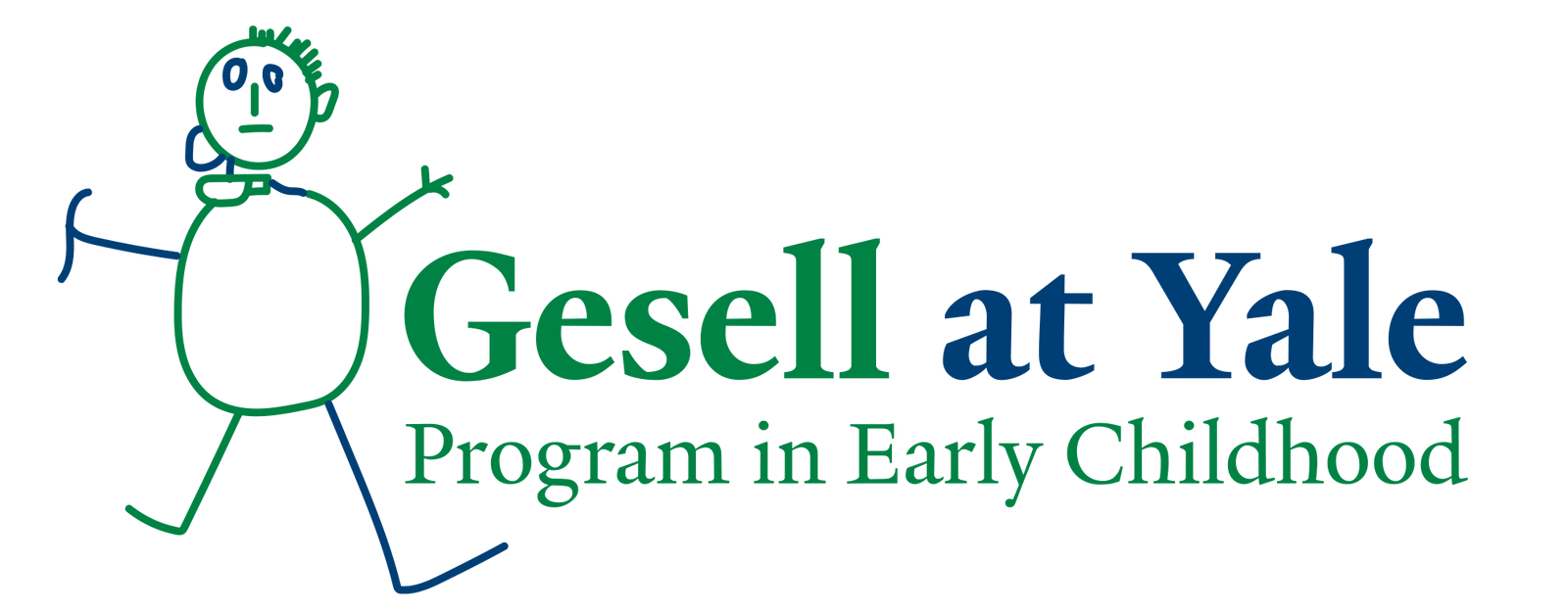Play On! Lessons Learned and Next Steps
“My son is loving this program because he is doing this program himself. During the school year he doesn’t share as much information with me unless I ask him a lot of questions. This summer he comes home and he wants to tell me all about exploring and creating. Here he is able to be curious and he gets to work with his hands, which helps his excitement.”
If you have been following our summer play pilot (catch up here) you know that New Haven teachers from around the district partnered with Gesell to co-create classrooms infused with joy, purpose and wonder for 150 pre-k through third graders. Teachers trained with Gesell for four days and then worked with Gesell coaches for one month to implement a pedagogy of play.
The implementation involved three primary activities:
- Teacher Training in a Pedagogy of Play: Thirty-eight teachers trained with developmental psychologists and educators from Gesell and with administrators from NHPS for four days to revisit developmentally appropriate practice and define a shared understanding of a play based pedagogy. The learning intensive culminated in collaborating to build, from scratch, classrooms that reflected a vision of an ideal learning environment.
- Developmentally Appropriate Play Based Learning Classrooms: Over 21 days, teachers created, reflected on, and re-envisioned the nature of a classroom to include joy, wonder and purpose. The center-based classrooms that the teachers created used Wondering Questions (big themed and higher-order thinking inquiries) that focused the Open Work (skill-and-content-driven, child led, teacher scaffolded activities).
- Coaching: Gesell coaches and experts in developmentally appropriate practice and play based learning supported teachers through side-by-side modeling, one-on-one mentoring and daily group debriefing to ensure fidelity to the pedagogy.
Results suggest that the following goals were achieved:
- Trained teachers understand and can implement a basic model of developmentally appropriate, play-based learning
- Trained teachers reported feeling more empowered, engaged in their daily activities and better informed to meet children’s needs.
- Behavior challenges were minimal.
- Children were highly engaged in learning activities.
Based on the success of the summer pilot, NHPS is planning to roll out the program at five schools across the district during the 2019-20 school year.
Lessons Learned
Though the children have gone home, the teachers continue to reflect and plan for the coming school year. In debriefs and discussions with our teachers, we came to a set of thoughtful and important lessons to keep in mind when moving forward with a district wide pedagogy of play.
- Ensure materials and structures are in place that support a play-based curriculum. These should be available for teachers during planning and revision stages. Materials that are interactive and playful (block sets, building materials, instructional play items) are needed to create the Open Work.
- Indoor and outdoor spaces that foster play should be provided, particularly with movement in mind. Setting aside time for children to be outside is essential.
- The school communities will need to define their expectations to foster play-based learning, social-emotional learning and executive functioning practice. This includes considering classroom time, lunch times, and time in public and shared spaces. All should enable child-centered opportunities. This can take the form of staff trainings around positive discipline, rethinking signage, dining practices, and structuring playgrounds that foster curiosity.
- Families will need to understand the play pedagogy and how it impacts student learning. This should be going throughout the school year. Making transparent how skills and curriculum are included in play is essential to their understanding of the program. Families should have their inquiry of the program met with research-based answers. Methods of communicating to families should be established and made transparent to the community. Publications should provide multilingual families access to materials.
Play On!
At Gesell we believe in the power of play. What looks like simply child's play is in fact complex. The magic of teaching happens in that place where joy, wonder and purpose intersect with essential skills and core content. Play is the perfect way for children to engage not only with any curriculum, but also to practice higher order-thinking and social emotional learning skills essential to life long success. Shifting the focus of the learning in a classroom away from the teacher and onto the students allows children to engage with each other and the material through play. Children feel empowered by choice and engage more wholy with the work. With the inclusion of differentiation in the centers, all students have access to leveled work. Students can work side-by-side and at their own pace.
purpose intersect with essential skills and core content. Play is the perfect way for children to engage not only with any curriculum, but also to practice higher order-thinking and social emotional learning skills essential to life long success. Shifting the focus of the learning in a classroom away from the teacher and onto the students allows children to engage with each other and the material through play. Children feel empowered by choice and engage more wholy with the work. With the inclusion of differentiation in the centers, all students have access to leveled work. Students can work side-by-side and at their own pace.
To review a full report on implementation and results please contact office@gesellinstitute.org.
